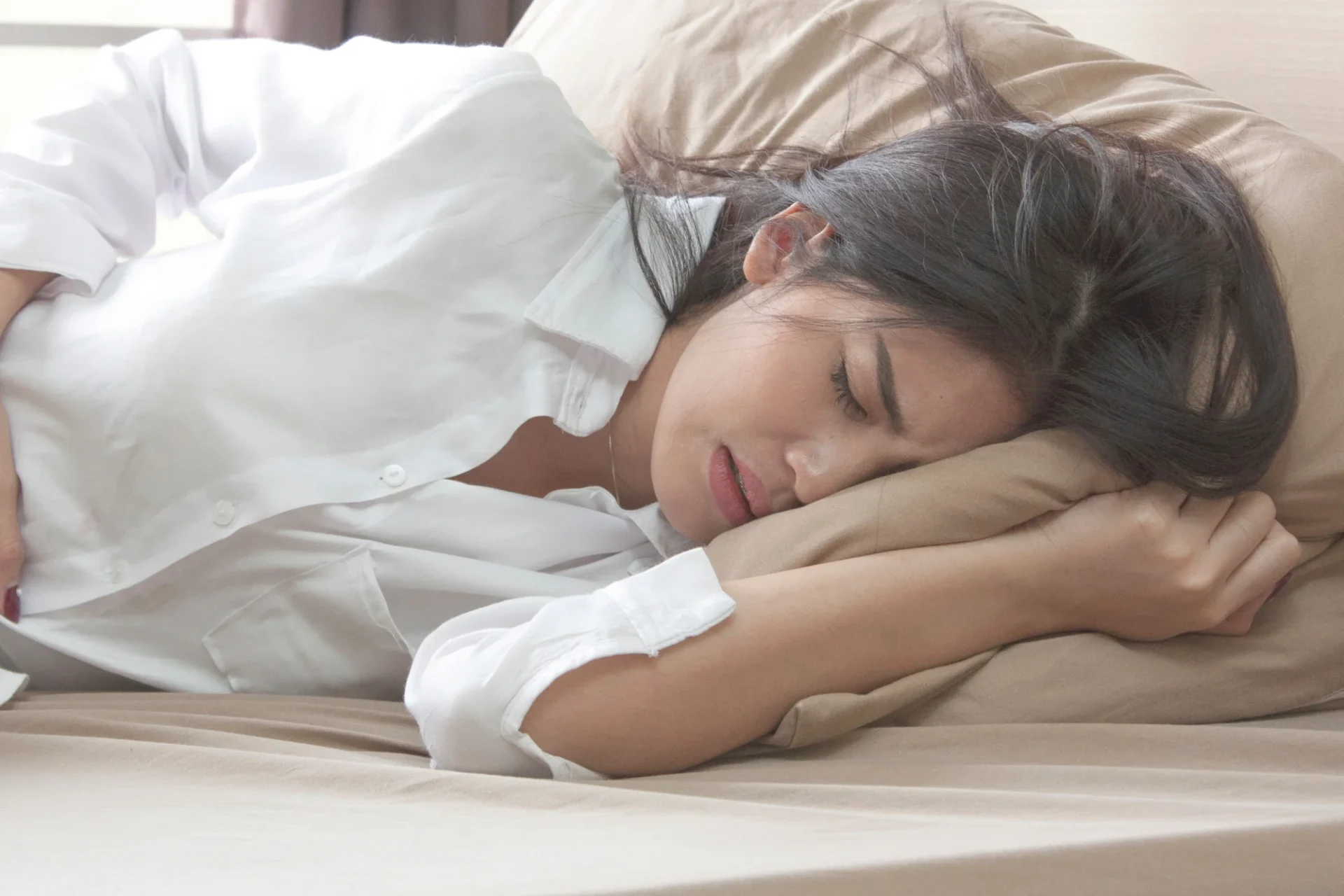The increasing focus on self-care has highlighted the importance of proper sleep and its impact on skin health. While most are aware that sleep quality and duration can influence skin condition, other aspects of sleep play a crucial role too.
According to the National Sleep Foundation, adults should aim for seven to nine hours of sleep nightly. Consistently falling short can negatively impact skin health. However, it’s not just about how long you sleep, but also how you sleep. Dr. Dev Patel, a UK-based doctor at Perfect Skin Solutions and founder of CellDerma skincare, explains that sleeping positions can affect skin condition. For instance, sleeping on your side or stomach with your face pressed against the pillow can contribute to sagging skin and lead to vertical wrinkles over time. To mitigate this, Patel suggests training oneself to sleep on the back.
Another key factor is the cleanliness of bedding. Patel highlights the importance of regularly washing sheets and pillowcases to prevent acne breakouts. He recommends a silk pillowcase, as silk is hypoallergenic and causes less mechanical friction against the skin.
Room temperature is another consideration. Sleeping in a warm room can raise body temperature, leading to sweating and potential skin dehydration. Patel advises using a gentle cleanser in the morning and before bedtime to maintain skin health.
A common mistake that impacts skin health is sleeping with makeup on. This can cause a variety of skin problems, including acne, dryness, irritation, eye infections, and premature aging. Patel emphasizes the importance of removing makeup thoroughly before bed with a gentle cleanser.
Dr. Shelby Harris, a New York-based clinical psychologist specializing in sleep disorders, recommends seven to eight hours of sleep on a regular schedule, avoiding caffeine and alcohol before bed, and creating a relaxing bedtime routine. Incorporating retinoids and overnight masks into your skincare routine can also be beneficial, as they improve skin texture, reduce wrinkles, and hydrate the skin.
However, Harris cautions against blindly following trends without consulting a dermatologist. This advice is particularly relevant to the current trend of mouth taping and the use of hydrocolloid patches marketed as anti-aging tools. Dr. Allison Leer, a dermatologist and co-founder at Unity Skincare in Texas, warns against mouth taping, especially for those with sleep apnea, as it can hinder proper breathing at night. Leer also advises against using hydrocolloid patches for anything other than pimples.
Similarly, while some skincare products claim to offer sleep-inducing aromatherapy benefits, essential oils in these products can irritate the skin. Leer suggests alternative relaxation methods, such as lighting a scented candle before bedtime.
In conclusion, while there are numerous sleep-related trends and methods claiming to benefit skin health, experts agree that the best approach is a combination of sufficient sleep, a healthy diet, and gentle skincare products.
READ MORE:
